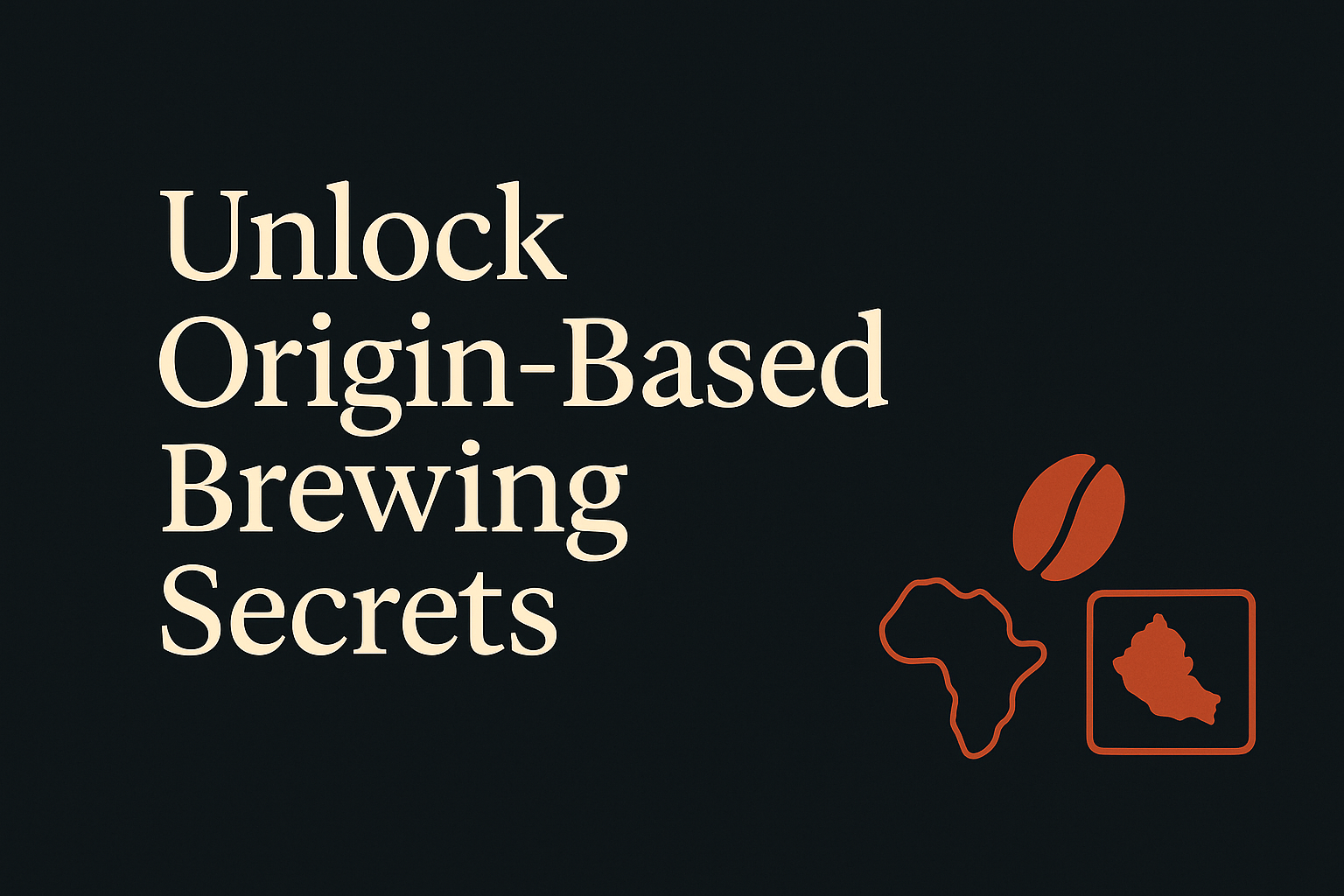The Basics Of Coffee Yield
To calculate how many cups of coffee you can make from 1kg of beans, it’s important to consider how much coffee you use per cup.
A standard single shot coffee in Australia typically uses around 7 to 9 grams of ground coffee. For those who enjoy a double shot, you’re looking at roughly 14 to 18 grams per cup.
Using these figures as a guide, you can estimate:
- Single shot espressos (7 to 9 grams): Approximately 110 to 140 coffees from 1kg of beans.
- Double shot coffees (14 to 18 grams): Approximately 55 to 70 coffees from 1kg of beans.
When estimating how many servings you can get from a 1kg bag of beans, it's crucial to consider the brewing method and the recommended coffee dosage.
Of course, this is just an average. The actual number of coffees will vary depending on the method you use, the size of the cup, and even the grind size.









